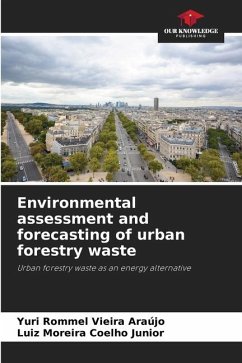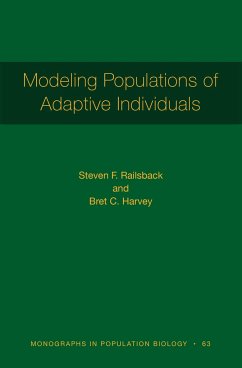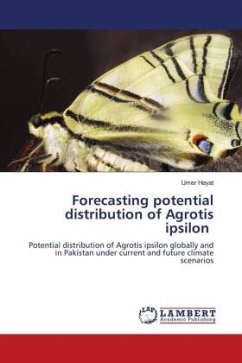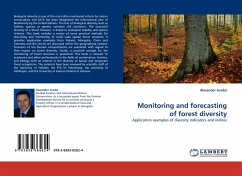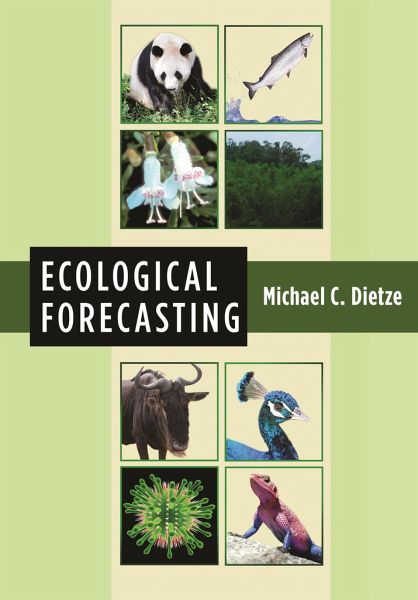
Ecological Forecasting

PAYBACK Punkte
40 °P sammeln!
"We'd all be better off if we could forecast the future state of complex systems such as the weather, our health, and the stock market. Dietze shows us how to approach forecasting using models based on large datasets and how to make the results easy to digest. This book is certain to be a benchmark in the science of ecological forecasting for decades to come."--William H. Schlesinger, president emeritus of the Cary Institute of Ecosystem Studies "Using clear and elegant language, Dietze describes the statistical, informatics, and model-data fusion techniques necessary for forecasting--techniqu...
"We'd all be better off if we could forecast the future state of complex systems such as the weather, our health, and the stock market. Dietze shows us how to approach forecasting using models based on large datasets and how to make the results easy to digest. This book is certain to be a benchmark in the science of ecological forecasting for decades to come."--William H. Schlesinger, president emeritus of the Cary Institute of Ecosystem Studies "Using clear and elegant language, Dietze describes the statistical, informatics, and model-data fusion techniques necessary for forecasting--techniques that move the science of ecology beyond case studies and static models. Quantifying uncertainty, variability, and especially complexity will make ecology the predictive science it must become to solve critical environmental problems."--Jill Baron, United States Geological Survey "For ecology to become a more predictive science, Dietze asserts ecologists must more effectively link statistics, modeling, and informatics with their data gathering efforts. His book provides both the conceptual and technical basis for doing just that. It is remarkable for its clarity, accessibility, and interdisciplinary breadth."--Norm Christensen, coauthor of The Environment and You "As the world enters an era of change in which the past is a limited guide to the future, one great challenge is predicting how ecosystems will behave in situations for which there is no analog. While many scientists have recognized this problem, Dietze has done something about it, and mobilized a set of concepts and tools to draw on. He synthesizes a wide range of information and makes some genuinely difficult material accessible. This book really has no competitors."--David Schimel, author of Climate and Ecosystems "Dietze's subject is a really important one, and his focus on forecasting and its implementation is novel."--Alan Hastings, University of California, Davis




